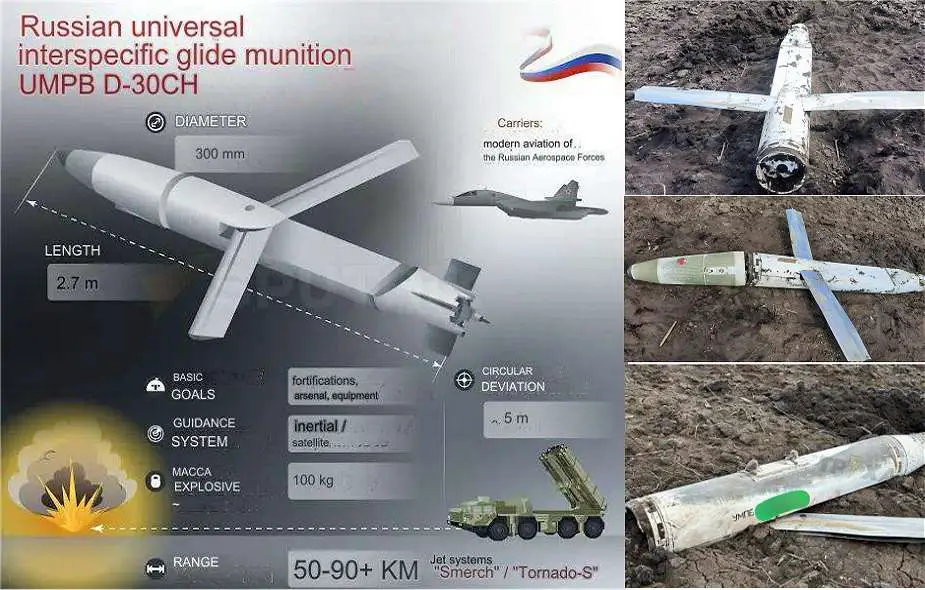As China emerges as a global economic and military power capable of challenging US dominance, the Indo-Pacific region, including the Indian Ocean Region (IOR), has gained significant strategic importance for US defense. The Indo-Pacific would become a pivotal battleground if Western powers, led by the US, were to confront China.
Initially, there was debate over whether India should be included in the Indo-Pacific initiative, given its long-standing ties with Russia. However, China's aggressive actions along the Himalayan border with India eventually led Prime Minister Modi to support India's inclusion in the Quad, bolstering the initiative's prospects.
India focused on modernizing its navy to protect its shores and ports, while the Quad countries also worked on enhancing their naval capabilities. In April 2024, the navies of the US, Australia, Japan, and the Philippines conducted joint maritime exercises in the South China Sea, aiming to strengthen their collective ability to uphold freedom of navigation and maritime rights.
From April 22 to May 8, US and Philippine ships, alongside French and Australian naval troops, conducted the Balikatan 2024 exercise with over 16,000 participants. Although not officially aimed at containing China, these exercises sent a clear message of US presence near Chinese waters.
One controversial mission during the exercise involved sinking a decommissioned China-made naval vessel, BRP Lake Caliraya, which Beijing viewed as a deliberate message.
During the Balikatan exercise, defense ministers from the four countries met in Honolulu, discussing the exercise's political implications near China's coast. Reports suggest that the term "Squad" was informally used to describe the four participating countries, hinting at a new East Asian bloc.
The Quadrilateral Security Dialogue (Quad), comprising Australia, India, Japan, and the US, was initially established in 2007. However, it remained largely inactive until 2017 when Quad leaders met in Manila to revive the initiative with a stronger stance against China, driven by concerns over China's Belt and Road Initiative and US accusations of "predatory economics."
Despite pressure from Washington, India maintained a pragmatic stance, continuing to purchase discounted oil from Russia and declining to align fully with NATO's anti-China agenda. This led the US to shift focus from the Quad to the more cooperative government of the Philippines.
Ultimately, US efforts to coerce India into a confrontational position against China failed, as India joined the Quad to enhance trade relations and ensure free maritime movement. The effectiveness of the newly formed "Squad" in ensuring Indo-Pacific security remains to be seen.






